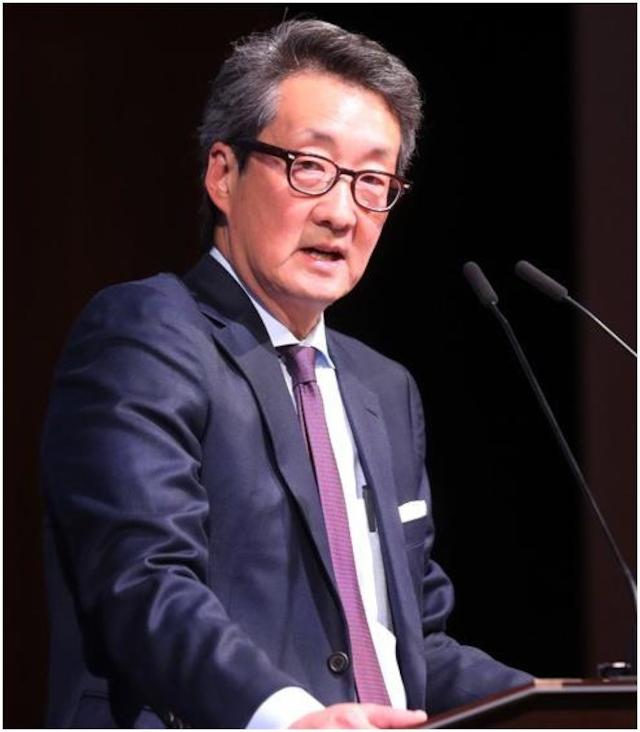WNAM REPORT: A prominent U.S. scholar on Monday described North Korea’s recent disclosure of a uranium enrichment facility as a “bold” move related to the U.S. presidential election in November, noting that Pyongyang tends to be more “belligerent” in America’s election season.
Victor Cha, Korea Chair at the Center for Strategic and International Studies (CSIS), made the remarks, saying that the recalcitrant regime might be closely watching the U.S. presidential election as who wins the White House could affect the future course of Washington’s policy on North Korea.
Earlier this month, the North’s state media reported that leader Kim Jong-un had visited a uranium enrichment facility, in the first disclosure of such a site since the regime invited Siegfried Hecker, a U.S. nuclear scientist, to its uranium enrichment facility at Yongbyon, north of Pyongyang, in 2010.
“This was a pretty bold move. I think it is related to our election in the sense that all of our data shows that North Korea tends to be more belligerent in U.S. election years, whether it’s mid-term elections or particularly presidential elections,” Cha said in a podcast.
He touched on experts’ views about a potential “October surprise” in reference to the possibility of North Korea engaging in provocative acts ahead of the November presidential election to draw attention and put itself on the front burner of America’s policy priorities or demonstrate its strength.
Cha said that what happens in the U.S. election might be a focus of Pyongyang’s attention.
“I think it’s fair to say that depending on who wins that election, we could have very different North Korea policies,” he said.
If elected, Democratic presidential candidate Kamala Harris would focus on continuing to press for cooperation with allies, exercising sanctions and staying open to diplomacy with Pyongyang, he said.
Regarding Trump’s policy approach, Cha said, “We had wild swings.”
“We went from fire and fury, Rocket Man, possibly a war with North Korea, bloody-nose strategy … all the way to love letters and summit diplomacy,” he said. “So, I think they are watching very closely our election.”
Cha was referring to a period of tension between Washington and Pyongyang early in Trump’s presidential term and a period of his personal diplomacy with the North Korean leader later.
A bloody-nose strategy is known to be a plan designed to mount a limited military attack on North Korea to instill psychological fear into the regime and prevent its further provocations or aggression.
Commenting on deepening military cooperation between Russia and North Korea, Cha rejected the notion that a strong South Korea-U.S. alliance has put the North “into the arms of Russia.”
“North Korea has been pursuing this idea of improving the relationship with Russia,” he said.
“The day Putin invaded Ukraine, they knew they had something to offer. They were initially one of the few that were openly supportive of Putin’s initial gains in eastern Ukraine, (and) one of the few that voted against the U.N. resolutions condemning Russia.”


